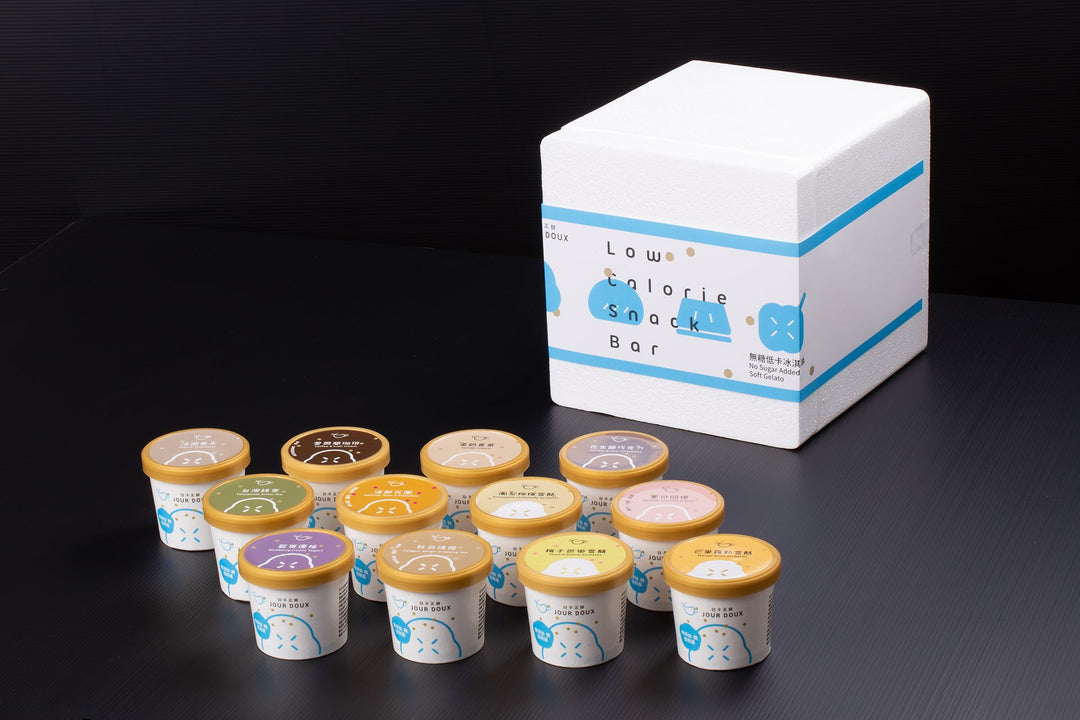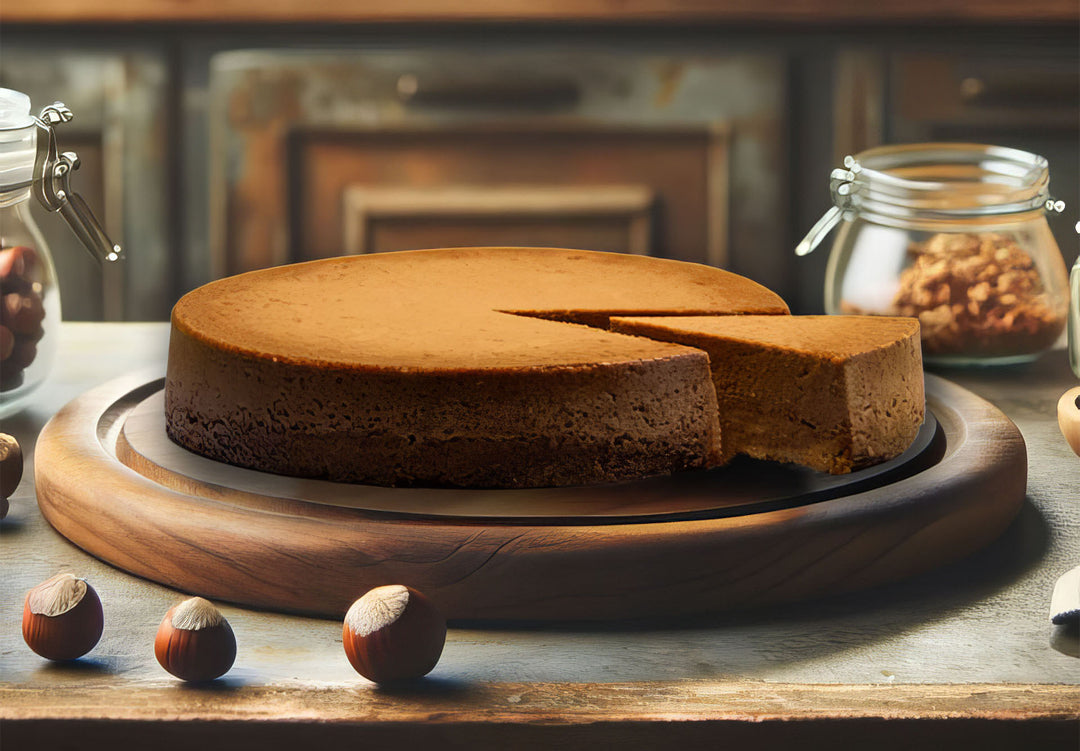Low Sugar Diet - Sugar Alcohols (Part 1)
Sugar alcohol is a mixture of sugar molecules and polyol molecules (alcohol components that do not contain alcohol) that naturally exist in vegetables and fruits in nature. Although it looks and tastes like sugar, it is digested by the human body. The process of sugar alcohol takes a long time to convert into glucose, and does not require insulin to metabolize and will not cause a rapid increase in blood sugar levels. Therefore, compared with sucrose, sugar alcohols have lower calories and a lower glycemic index. Humans have low negative health effects.

In addition to the advantages of calorie and blood sugar control, sugar alcohols can also help maintain oral health: because tooth-cavity bacteria cannot metabolize sugar alcohols, they will not secrete acid to cause tooth decay, but will block the digestive function of tooth-cavity bacteria and inhibit their growth. Experiments have also proved that sugar alcohols, like dietary fiber, can stimulate the growth of intestinal probiotics, promote bone growth to prevent osteoporosis, and increase collagen production.

But sugar alcohol is not without its disadvantages. Its biggest problem is that it can cause indigestion after excessive intake. Because most of the sugar alcohols are not digested by the human body, they will remain in the large intestine and be metabolized by intestinal bacteria to produce gas. When a large amount of sugar alcohol is absorbed in a short period of time, intestinal bacteria have no time to metabolize it, which will increase the osmotic pressure in the intestine and cause water to move in, resulting in diarrhea. So farting, gas and diarrhea are common side effects of excessive consumption of sugar alcohols.
|
|
In recent years, most of the industrially produced sugar alcohols, except xylitol and lactitol, are extracted from corn syrup. Therefore, when purchasing sugar alcohols, consumers should understand their production methods and try to purchase products from non-GMO (Non-GMO) sources. In addition, pets raised at home cannot metabolize sugar alcohols. Once they eat them by mistake, they will secrete a large amount of insulin and cause liver and kidney failure. Therefore, when using sugar alcohols, be careful not to let your pets eat them by mistake. 
Photo Credit: jarmoluk
In fact, each sugar alcohol still has individual differences. In the next article, we will introduce the differences in ingredients, calories, and glycemic index of various common sugar alcohols in detail, as well as their production methods.











